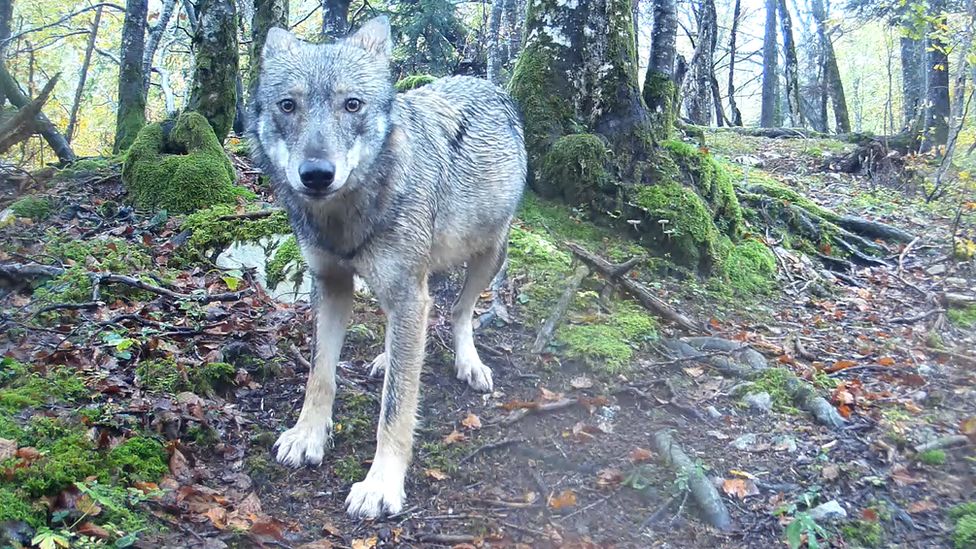-

-
-
Loading

Loading

Switzerland's mountain farmers are disappointed and angry as a planned cull of the country's wolf population has been halted by the courts. The farmers argue that the cull is necessary to protect their livestock and ensure the survival of Alpine communities. However, environmental groups have challenged the cull, stating that it exceeds the limits set by the law and could harm the wolf population. This case is being closely watched by other European countries that also face increasing numbers of wolves and concerns from farmers. The return of wolves to Switzerland in the 1990s was initially seen as a positive sign of nature rebalancing itself, but farmers soon noticed attacks on their sheep. The government made slight adjustments to protection laws allowing for the killing of problem wolves, but a 2020 referendum confirmed the wolf's protected status. Despite this, the wolf population has tripled, and new measures were approved this year, allowing for the eradication of entire packs. This decision was largely welcomed by mountain communities who have felt the pressure of the growing wolf population on farmers. On the other hand, wildlife groups and Switzerland's oldest environmental organization protested the cull, arguing that it goes against scientific evidence and the important role that wolves play in maintaining biodiversity. The EU is also reevaluating the wolf's protected status, as attacks on livestock and potential dangers to humans have increased in some regions. Swiss environmental groups argue that the attacks have not risen as quickly as the wolf population, indicating that measures such as fences, sheepdogs, and shepherds are effective. The courts have sided with the environmentalists so far, sparing some wolf packs from the cull. However, farmers continue to face uncertainty and struggle to protect their flocks. The Swiss debate revolves around finding a balance between coexisting with animals and protecting traditional Alpine farming. The ongoing legal battle means that the cull remains partially suspended, and the issue is far from resolved.